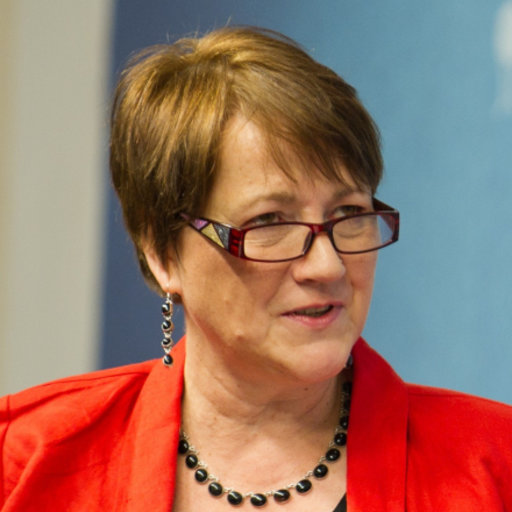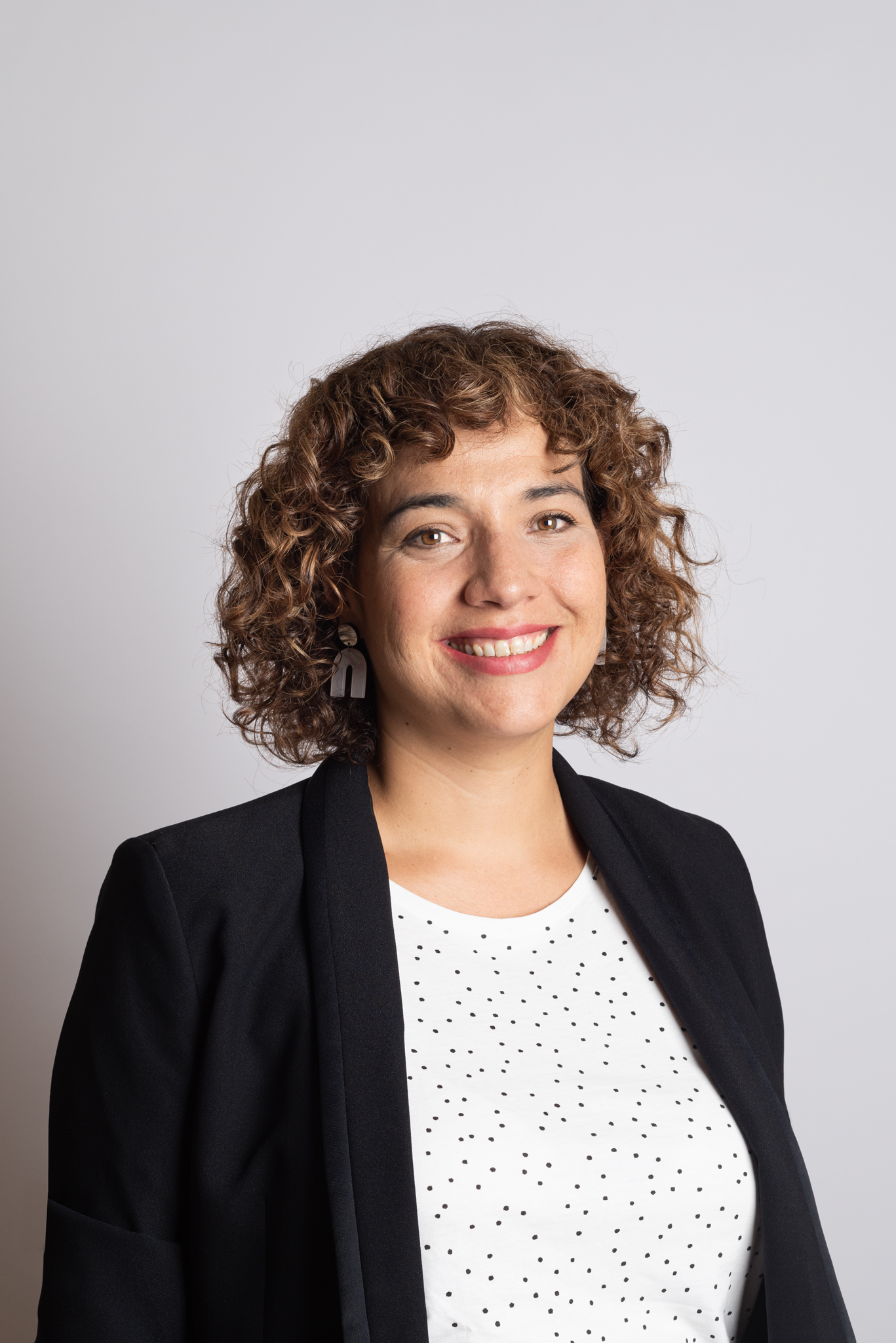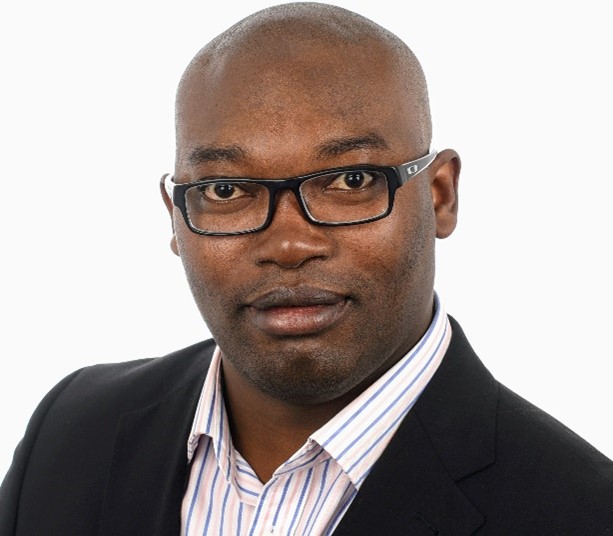New and persistent forms of political uncertainty are impacting think tanks globally. Thinktankers, funders and policy experts from around the world join us in London to discuss the role of think tanks amidst political uncertainty.
51% of organisations in our latest sector survey named political uncertainty as a key challenge, citing polarised elections, regional instability, the rise of populism, eroding democracies, weakened institutions and public distrust as just some of the issues they contend with daily.
At the OTT Conference 2023, we are joined by thinktankers, funders and policy experts from around the world to discuss the role of think tanks amidst political uncertainty. How can think tanks achieve their goals in an area dominated by political uncertainty? What role can think tanks play in countering it and how can donors best support them?
Watch sessions
About the conference
The OTT Conference is a space to exchange knowledge and experience, establish and strengthen partnerships and co-develop solutions to common sector challenges. Our conferences are designed to create opportunity for formal and informal interactions, and for participants to create sessions on topics that are relevant and important to them. The Conference is attended by think tank leaders, funders, policy experts and think tank scholars.
OTT Conference 2023 is an invitation-only two-day event at Chatham House and includes a mix of :
- Keynote addresses
- Plenary sessions
- Parallel sessions designed to explore an issue in more depth
- Extended coffee and lunch breaks to allow for more informal interaction and relationship building (especially important after three years online!)
- Marketplace of ideas: a space for organisations to present strategies for working amidst political uncertainty.
Partners and sponsors
The OTT Conference 2023 is held in partnership with, and hosted by Chatham House. The conference is possible thanks to the valuable long term support from The William and Flora Hewlett Foundation, and the Robert Bosch Stiftung Foundation. We’re grateful for the creative design work of Soapbox. Finally we are grateful for funding from the Ford Foundation, Asia Foundation, and GIZ to bring participants from across the world.
Summary of discussions
Below is a summary of the key discussions and reflections from the conference.
The nature of political uncertainty and how it affects think tanks
Political uncertainty is nothing new; it is the only constant. However, people and organisations from the global south are more accustomed to dealing with it, as uncertainty has been higher there for the past couple of decades.
Yet, as our world becomes more globalised, political uncertainty becomes increasingly difficult to manage due to new variables and actors involved.
We need to position uncertainty on the political spectrum without fetishizing it. To do this, it is important to embrace diverse perspectives in order to understand complex problems and find solutions.
As issues become mainstream, the struggle to promote knowledge, fact-based discussions, and open civic spaces for debates continues. We should not take any of this for granted, particularly as the era of machine intelligence rapidly approaches. This places the responsibility on those entrusted with capabilities to help verify information.
What support & strategies think tanks need to counter it?
Collaboration
- Collaboration is crucial for think tanks to counter political uncertainty.
- However, to work together, we need to establish trust through uncomfortable relationships, engage in healthy conflicts and discussions, and avoid being hindered by polarization.
- Think tanks should prioritize collaboration, healthy conflict, credibility, and transparency to overcome political polarization and make progress.
- Collaboration takes various forms, with networks being an important but only one.
Funder support
- Providing support to organisations before a crisis occurs is essential for funders. This ensures that these organisations are capable of both withstanding and countering the crisis.
Diversity
- Dealing with uncertainty requires long-term thinking, investments, and a willingness to embrace new voices and ideas.
- To gain a better understanding of problems and solutions, we need to think differently and include individuals with diverse perspectives. Restoring trust in expert opinions necessitates the inclusion of underrepresented groups in policy research.
Forecasting
- Even during uncertain times, it is possible to forecast the future, and think tanks play a pivotal role in this process. Think tanks should engage in more forward-thinking as a means of addressing political uncertainty.
Credibility
- Within the realm of think tanks, the metaphor of bridges needs to be reconsidered. Think tanks are not merely bridges between different actors and evidence; they have their own values and agendas. However, it is still possible to act as a bridge that aims to connect something specific, something that should be perceived and understood in a particular way.
- Difficulties in changing our minds may be related to the notion of independence, as our biases help us make sense of the world, causing us to reject what does not align with our worldview.
- But do we also reject those who operate differently? This raises the question of independence versus neutrality in think tanks.
- It is important to acknowledge that think tanks are not neutral; they are driven by values. Free thinking is not free of values.
- Credibility involves adhering to the rules of the game, and each sector has its own rules. In some contexts, the issue is whether you are left or right, in others, conservative or progressive, and in others, whether you are pro or anti-government. As we navigate the complex world of think tanks, we must be mindful of the language we use and the words we choose to define our values and beliefs.
Countering polarisation
- Social media, the fragmentation of media sources, and identity politics are factors contributing to political polarization. Think tanks can promote tools for constructive communication.
- The role of honest brokering remains critical in advancing policymaking in contexts of high polarization: “Many decision makers have informed us that significant progress is achieved in non-political spaces, often behind closed doors, during these meetings.”





